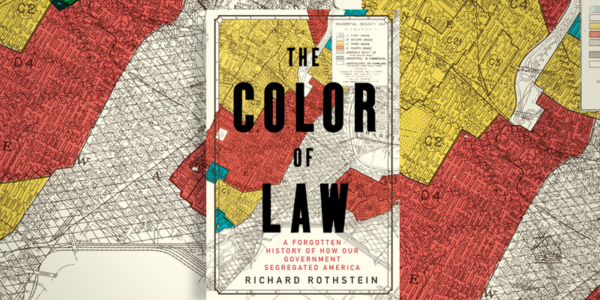
We are working to broaden our Book Club Resource collection by deliberately including more nonfiction and fiction titles by diverse authors, and/or titles about race in America, some of which you’ve no doubt seen on the many listicles floating around the internet of late. Although the Book Club Resource was closed down (for obvious reasons), we are now accepting holds on book club sets. What this means is that these exciting titles are now available from our collection, which now numbers just about 400 book sets! Here are some of the new titles that speak to this historic moment and might just be the ticket for your book club.*
Not already a member library? Click here to get started.
Americanah, Chimamanda Ngozi Adichie
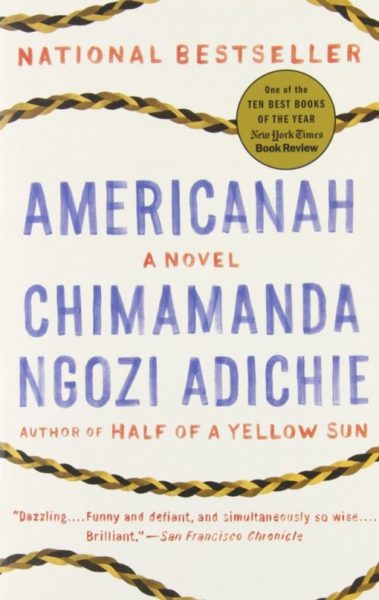 A powerful, tender story of race and identity about Ifemelu and Obinze who are young and in love when they depart military-ruled Nigeria for the West. Beautiful, self-assured Ifemelu heads for America, where despite her academic success, she is forced to grapple with what it means to be black for the first time. Quiet, thoughtful Obinze had hoped to join her, but with post-9/11 America closed to him, he instead plunges into a dangerous, undocumented life in London. Fifteen years later, they reunite in a newly democratic Nigeria, and reignite their passion—for each other and for their homeland.
A powerful, tender story of race and identity about Ifemelu and Obinze who are young and in love when they depart military-ruled Nigeria for the West. Beautiful, self-assured Ifemelu heads for America, where despite her academic success, she is forced to grapple with what it means to be black for the first time. Quiet, thoughtful Obinze had hoped to join her, but with post-9/11 America closed to him, he instead plunges into a dangerous, undocumented life in London. Fifteen years later, they reunite in a newly democratic Nigeria, and reignite their passion—for each other and for their homeland.
How to Be an Antiracist, Ibram X Kendi
“The only way to undo racism is to consistently identify and describe it— and then dismantle it.” Ibram X. Kendi’s concept of antiracism reenergizes and reshapes the conversation about racial justice in America— but even more fundamentally, points us toward liberating new ways of thinking about ourselves and each other. In How to Be an Antiracist, Kendi asks us to think about what an antiracist society might look like, and how we can play an active role in building it. In this book, Kendi weaves an electrifying combination of ethics, history, law, and science, bringing it all together with an engaging personal narrative of his own awakening to antiracism. How to Be an Antiracist is an essential work for anyone who wants to go beyond an awareness of racism to the next step: contributing to the formation of a truly just and equitable society.
The Color of Law: A Forgotten History of How Our Government Segregated America, Richard Rothstein
The Color of Law is a groundbreaking investigation into how U.S. governments in the twentieth century deliberately imposed racial segregation on metropolitan areas nationwide and documents how our cities–from San Francisco to Boston–became so divided. Rothstein describes how federal, state, and local governments systematically imposed residential segregation: with undisguised racial zoning, public housing that purposefully severed previously mixed communities, subsidies for builders to create whites-only suburbs, tax exemptions for prejudiced institutions, and support for violent resistance to African Americans in white neighborhoods. Rothstein demonstrates how police and prosecutors brutally upheld these standards, and how such policies still influence tragedies in places like Ferguson and Baltimore. With painstaking research, The Color of Law forces us to face the obligation to remedy our unconstitutional past.
So You Want to Talk About Race, Ijeoma Oluo
Race is a difficult subject to talk about. How do you tell your roommate her jokes are racist? Why did your sister-in-law take umbrage when you asked to touch her hair–and how do you make it right? How do you explain white privilege to your white, privileged friend? In So You Want to Talk About Race, Ijeoma Oluo guides readers of all races through subjects ranging from intersectionality and affirmative action to “model minorities” in an attempt to make the seemingly impossible possible: honest conversations about race and racism, and how they infect almost every aspect of American life.
 Stamped from the Beginning: The Definitive History of Racist Ideas in America, Ibram X Kendi
Stamped from the Beginning: The Definitive History of Racist Ideas in America, Ibram X Kendi
Americans like to insist that we are living in a postracial society. In fact, racist thought is alive and well; it has simply become more sophisticated and more insidious. And as historian Ibram X. Kendi argues, racist ideas in this country have a long and lingering history, one in which nearly every great American thinker is complicit. Kendi chronicles the entire story of anti-Black racist ideas and their staggering power over the course of American history. Stamped from the Beginning uses the lives of five major American intellectuals to offer a window into the contentious debates between assimilationists and segregationists and between racists and antiracists. From Puritan minister Cotton Mather to Thomas Jefferson, from fiery abolitionist William Lloyd Garrison to brilliant scholar W.E.B. Du Bois to legendary anti-prison activist Angela Davis, Kendi shows how and why some of our leading proslavery and pro-civil rights thinkers have challenged or helped cement racist ideas in America.
White Like Me: Reflections on Race from a Privileged Son, Tom Wise
The inspiration for the acclaimed documentary film by the same name, this deeply personal polemic reveals how racial privilege shapes the daily lives of white Americans in every realm: employment, education, housing, criminal justice, and elsewhere.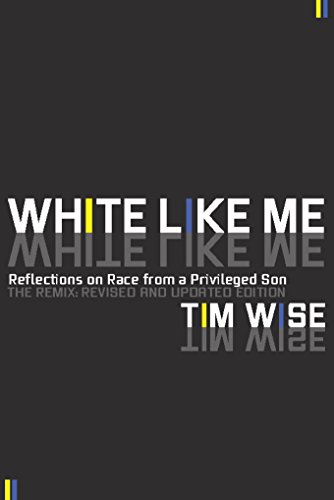
Using stories from his own life, Tim Wise examines what it really means to be white in a nation created to benefit people who are “white like him.” This inherent racism is not only real, but disproportionately burdens people of color and makes progressive social change less likely to occur. Explaining in clear and convincing language why it is in everyone’s best interest to fight racial inequality, Wise offers ways in which white people can challenge these unjust privileges, resist white supremacy and racism, and ultimately help to ensure the country’s personal and collective well-being.
Palaces for the People: How Social Infrastructure Can Help Fight Inequality, Polarization, and the Decline of Civic Life, Eric Klinenberg
We are living in a time of deep divisions. Americans are sorting themselves along racial, religious, and cultural lines, leading to a level of polarization that the country hasn’t seen since the Civil War. Pundits and politicians are calling for us to come together and find common purpose. But how, exactly, can this be done?
In Palaces for the People, Eric Klinenberg suggests a way forward. He believes that the future of democratic societies rests not simply on shared values but on shared spaces: the libraries, childcare centers, churches, and parks where crucial connections are formed. Interweaving his own research with examples from around the globe, Klinenberg shows how “social infrastructure” is helping to solve some of our most pressing societal challenges. Richly reported and ultimately uplifting, Palaces for the People offers a blueprint for bridging our seemingly unbridgeable divides.
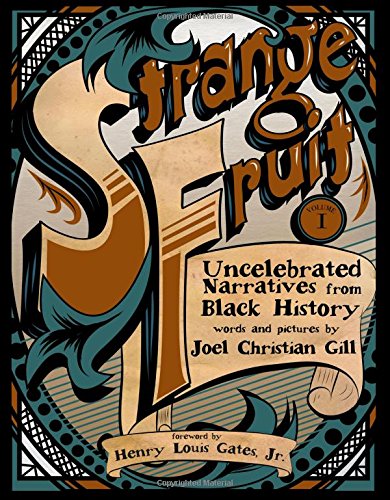 Strange Fruit, Volume I: Uncelebrated Narratives from Black History, Joel Christian Gill
Strange Fruit, Volume I: Uncelebrated Narratives from Black History, Joel Christian Gill
Thank you to Fulcrum Publishing for this donation of a Colorado author’s work! (Find out more about Colorado author submissions here.)
Strange Fruit Volume I is a graphic illustrated collection of stories from early African American history that represent the oddity of success in the face of great adversity. Each of the nine illustrated chapters chronicles an uncelebrated African American hero or event. From the adventures of lawman Bass Reeves, to Henry “Box” Brown’s daring escape from slavery.
The New Jim Crow: Mass Incarceration in the Age of Colorblindness, Michelle Alexander
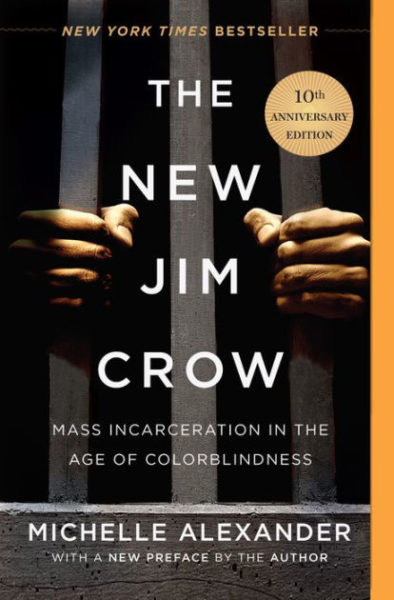
Seldom does a book have the impact of Michelle Alexander’s The New Jim Crow. Since it was first published in 2010, it has been cited in judicial decisions and has been adopted in campus-wide and community-wide reads; it helped inspire the creation of the Marshall Project and the new $100 million Art for Justice Fund; it has been the winner of numerous prizes, including the prestigious NAACP Image Award; and it has spent nearly 250 weeks on the New York Times bestseller list. Most important of all, it has spawned a whole generation of criminal justice reform activists and organizations motivated by Michelle Alexander’s unforgettable argument that “we have not ended racial caste in America; we have merely redesigned it.” As the Birmingham News proclaimed, it is “undoubtedly the most important book published in this century about the U.S.”
Tempest-Tost: The Refugee Experience Through One Community’s Prism, Robert Dodge
Thank you to Wild Blue Press for this donation of a Colorado author’s work!
Kahassai fled the Ethiopian Red Terror that killed his father and hundreds of thousands of others, trekking through a snake-infested jungle while hyenas followed him at night to find safety. Georgette crossed the Congo while the Hutus and Tutsis struggled for control as millions of defenseless people were murdered and displaced.
Asmi and Leela were children in Bhutan when soldiers burned their villages and drove out the Nepalese-speaking Hindus. Roy narrowly escaped Afghanistan after the Americans began bombing Kabul to drive out the Taliban. Mahn made it out of Vietnam only after his twenty-second attempt. Mohammed survived daily beatings when imprisoned in Syria, though many of his fellow prisoners died.
What do these people have in common beyond tales of horror and hardship that caused them to flee their countries, leaving their homes, families and previous lives behind? They all found a new place to live in Denver, Colorado, in the middle the country. But would they be welcome? Would they find a new home, a new beginning, in the “Queen City of the Plains,” the golden door to their future? Or would they forever be the homeless, the tempest-tost?
In TEMPEST-TOST, author Robert Dodge attempts to answer that question by describing the circumstances that caused these Denver refugees to flee their homes and their experiences after they arrived in the Denver. This is the refugee story behind the headlines and political posturing. This is what coming to America has meant to refugees in America, as represented by various refugee communities that over the years have come to think of Denver, Colorado as home.
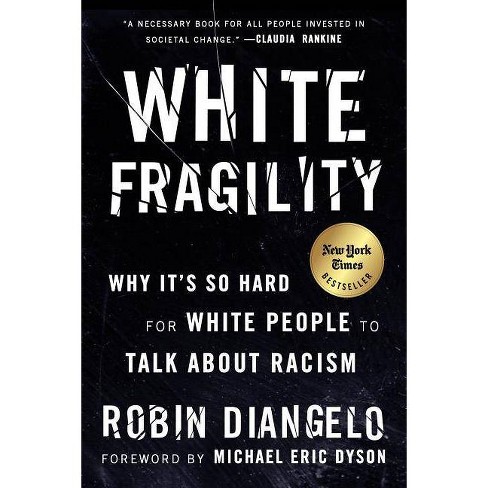 White Fragility: Why It’s So Hard for White People to Talk About Racism, Robin Diangelo
White Fragility: Why It’s So Hard for White People to Talk About Racism, Robin Diangelo
In this “vital, necessary, and beautiful book” (Michael Eric Dyson), antiracist educator Robin DiAngelo deftly illuminates the phenomenon of white fragility and “allows us to understand racism as a practice not restricted to ‘bad people’” (Claudia Rankine). Referring to the defensive moves that white people make when challenged racially, white fragility is characterized by emotions such as anger, fear, and guilt, and by behaviors including argumentation and silence. These behaviors, in turn, function to reinstate white racial equilibrium and prevent any meaningful cross-racial dialogue. In this in-depth exploration, DiAngelo examines how white fragility develops, how it protects racial inequality, and what we can do to engage more constructively.
Raising White Kids: Bringing Up Children in a Racially Unjust America, Jennifer Harvey
Raising White Kids is a book for families, educators, and communities who want to equip their children to be active and able participants in a society that is becoming one of the most racially diverse in the world while remaining full of racial tensions.
Living in a racially unjust and deeply segregated nation creates unique conundrums for white children that begin early in life and impact development in powerful ways. Raising White Kids offers age-appropriate insights for teaching children how to address racism when they encounter it and tackles tough questions about how to help white kids be mindful of racial relations while understanding their own identity and the role they can play for justice. Ideal for parents, teachers, and anyone who cares about and cares for children.
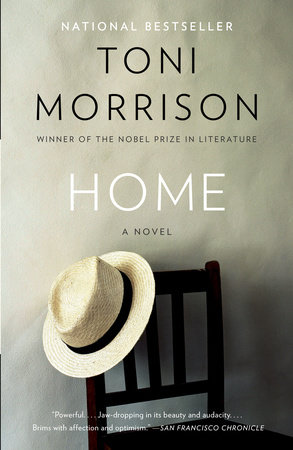
Home, Toni Morrison
When Frank Money joined the army to escape his too-small world, he left behind his cherished and fragile little sister, Cee. After the war, his shattered life has no purpose until he hears that Cee is in danger. Frank is a modern day Odysseus returning to a 1950s America mined with lethal pitfalls for an unwary black man. As he journeys to his native Georgia in search of Cee, it becomes clear that their troubles began well before their wartime separation. Together, they must return to their rural hometown of Lotus, where buried secrets are unearthed and where Frank learns at last what it means to be a man, heal, and – above all- what it means to come home.
I Know Why the Caged Bird Sings, Maya Angelou
A phenomenal #1 bestseller that has appeared on the New York Times bestseller list for nearly three years, this memoir traces Maya Angelou’s childhood in a small, rural community during the 1930s. Filled with images and recollections that point to the dignity and courage of black men and women, Angelou paints a sometimes disquieting, but always affecting picture of the people-and the times-that touched her life.
*Book descriptions are adapted from our collection site, author websites, or publishers.
- The Secret Lives of Book Club Sets - June 12, 2025
- Book Clubs Can Be Prideful - June 5, 2025
- Fast Facts – Kits and Book Club Sets - May 7, 2025